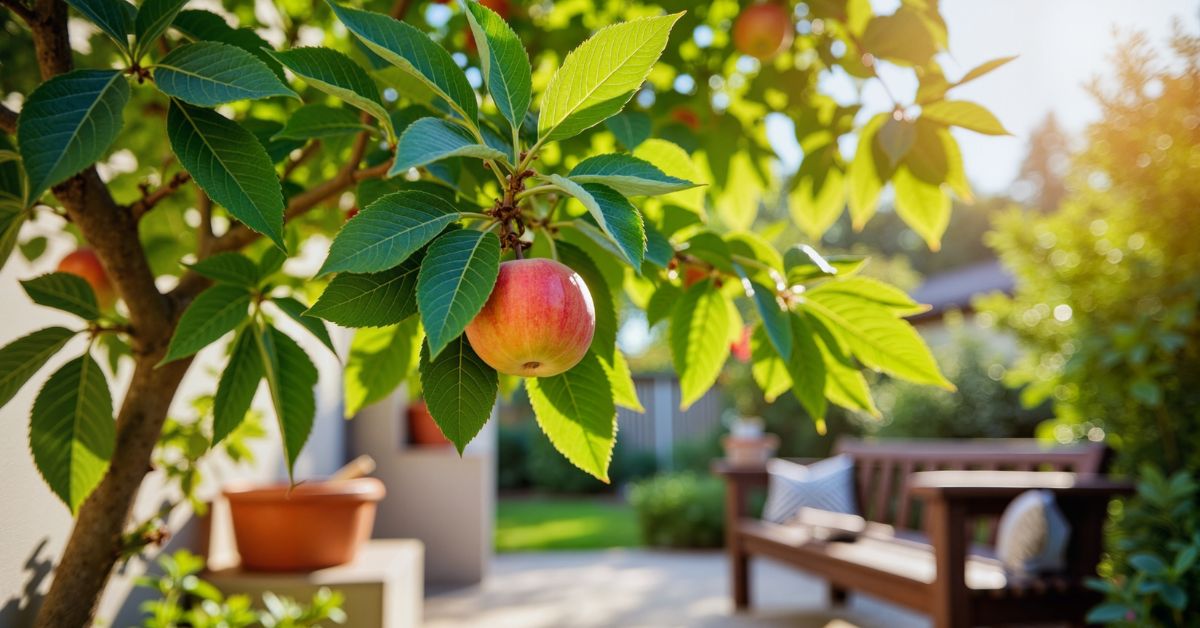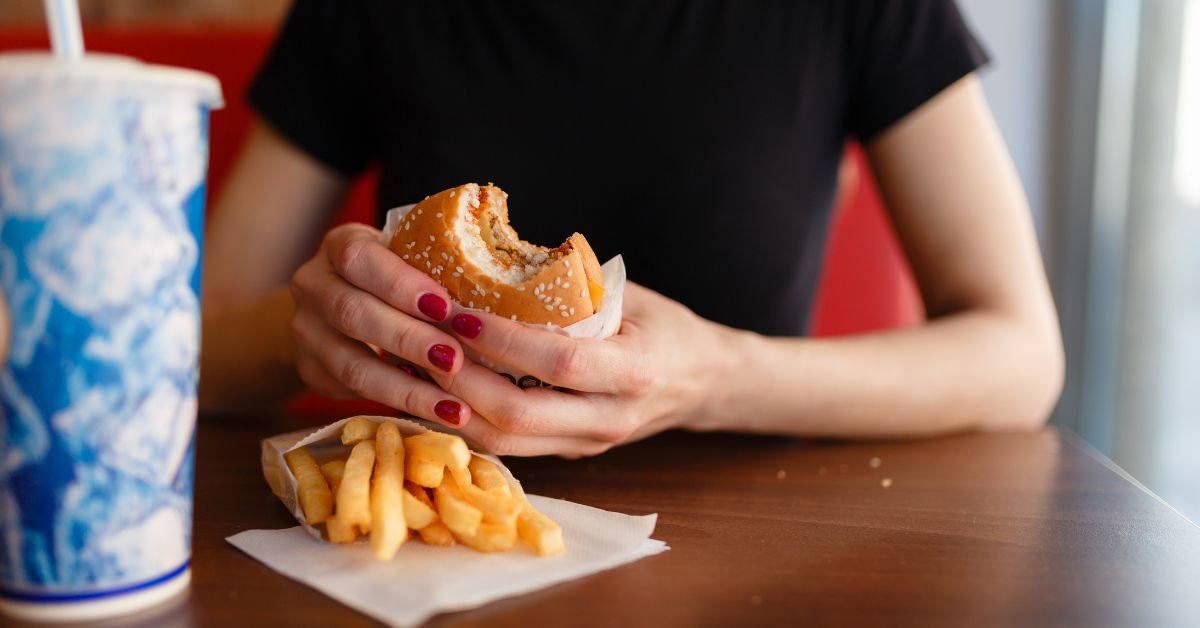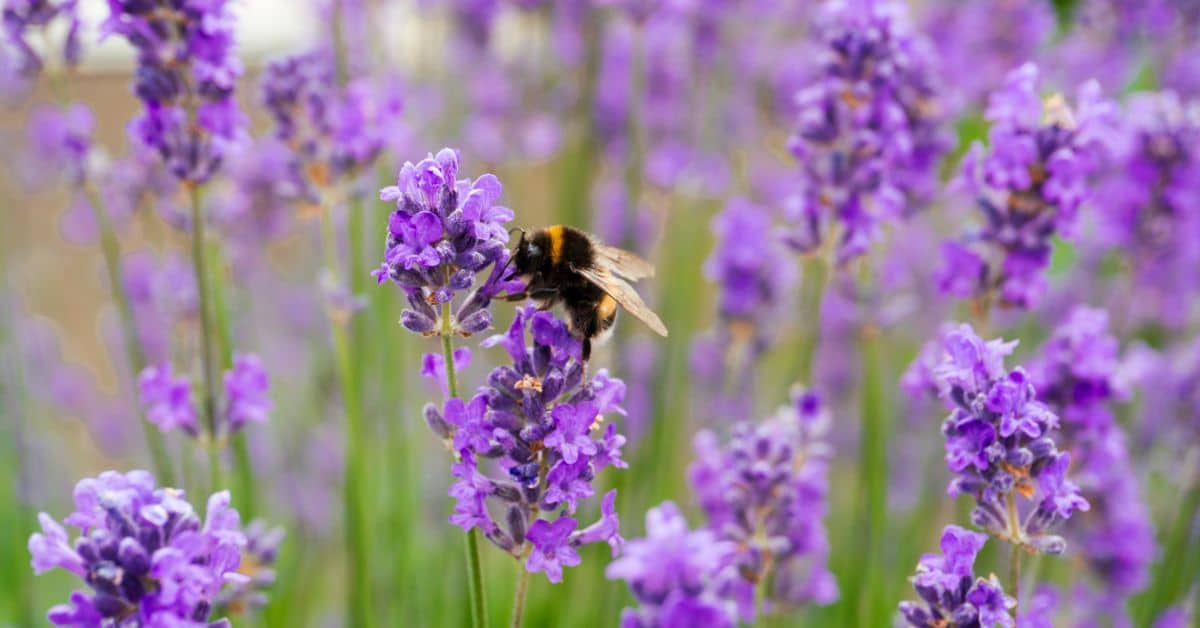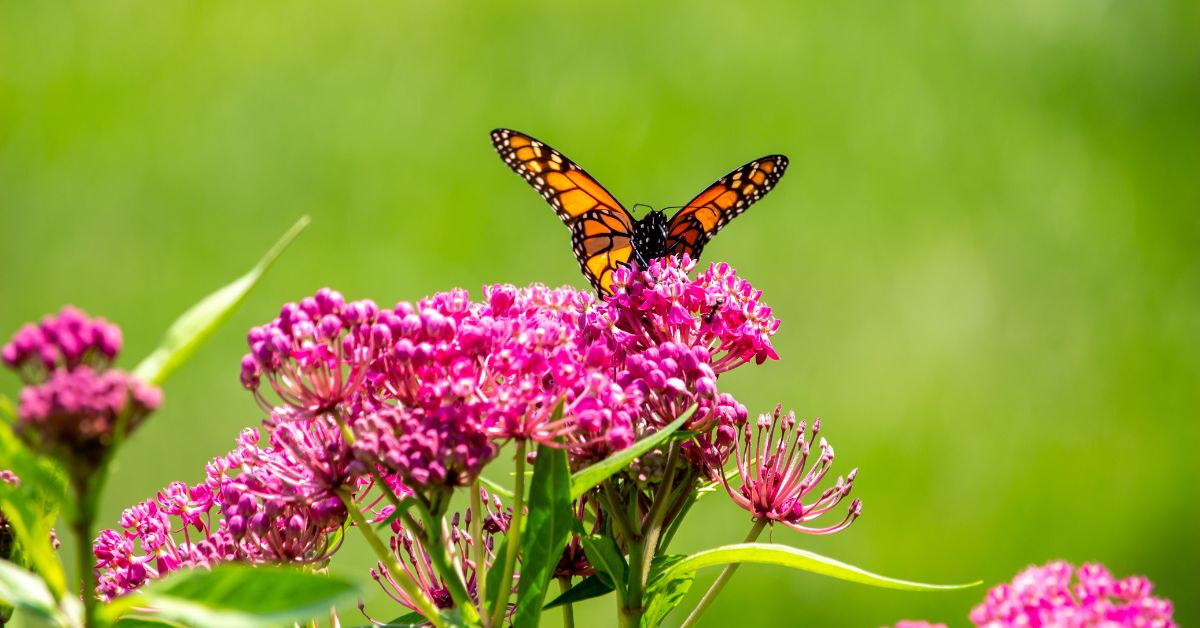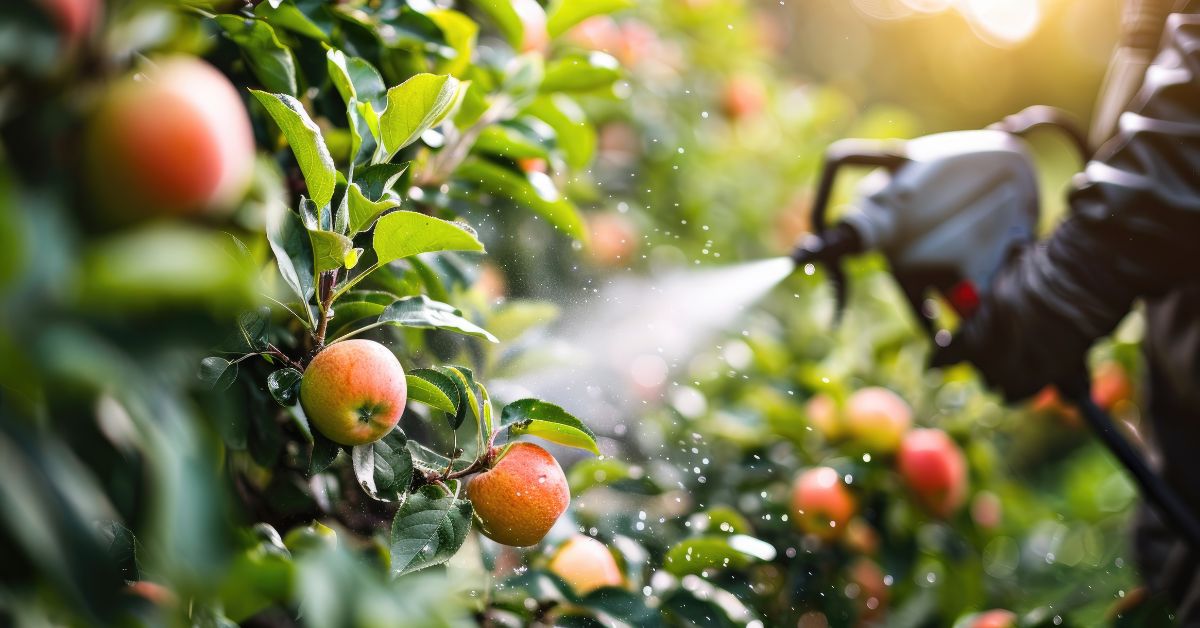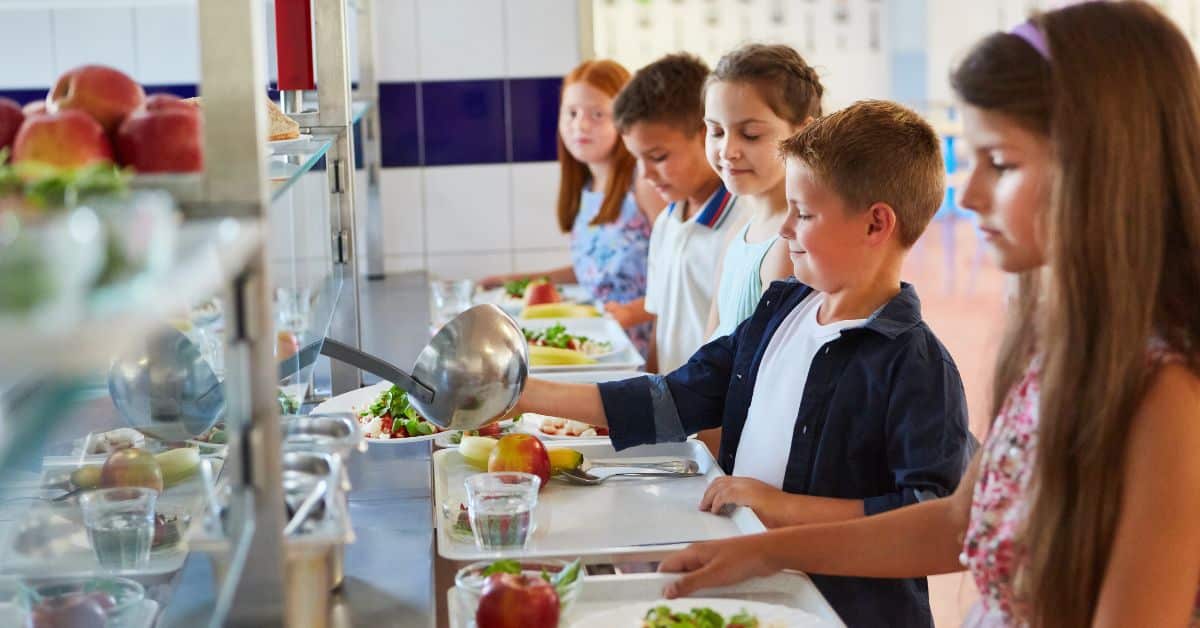
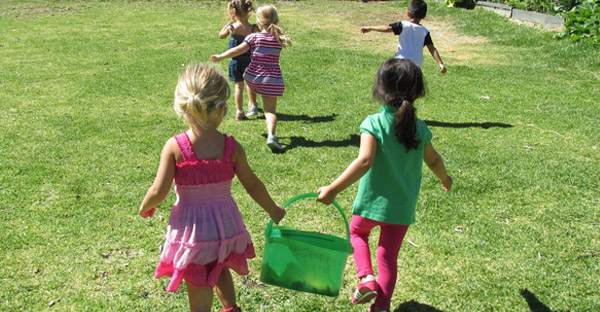
Launched by Rebecca Amis and Suzy Amis Cameron in 2006 with just 11 students, today’s MUSE School fully embodies the founding philosophy that young people should have rights, as well as a voice and a choice in their education. With caring and compassionate teachers, playful classrooms, and opportunities for exploration and reflection at every turn, MUSE has become an educational oasis for parents who recognize the enormous value in kindling each child’s own unique spark. What’s more, by celebrating community and the natural environment, promoting cross-cultural experiences, modeling leadership, and illustrating that learning and teaching are collaborative efforts, MUSE School fosters graduates who become bold leaders fully prepared to face challenges, to live beyond complacency, and to embrace learning and change throughout their lives.
Center for Nutrition Studies: Rebecca Amis, Thank you for giving our readers an opportunity to hear about the great things that have been happening at the MUSE
School.
CNS: How did you and your sister, Suzy Amis Cameron, come up with the idea to start the Seed-to-Table Program at MUSE?
Rebecca Amis: We want students to learn the cycle of planting, growing, nourishing, harvesting, consuming and composting their food.
Do you discuss nutrition principles with the students? If so, what approach do you use?
We teach through hands-on experiences as well as around science, technology, engineering, arts, and math.
The students are completely immersed into the STT program in that, they plant the seeds, document the growth, harvest the bounty, eat it from their table and put it back into the composting. Additionally, they harvest and deliver produce to two local restaurants.
Do the students learn the difference between a vegan diet which could include foods such as oreos, soda, licorice and potato chips and a whole foods plant-based diet?
Yes. Our Science Dean, Dr. Reese Halter promotes and encourages a healthy regimen for body and planet via our plant-based diet curriculum.
You incorporated a plant-based, local menu for the 2014-2015 academic school year. Have you faced any challenges with this?
Yes. The greatest opportunity for us as an environmental school has been educating families that we are going plant-based for the environment. Additionally, we are educating families how to get protein, calcium, and fats into their child’s diet. The challenges have turned into opportunities!
How are the kids responding to the plant-based lifestyle? Do you have any success stories to share?
Our high school students recently gave us a breakdown of what they loved about MUSE and what they were working on loving. Many said they love the food and the exposure to plant-based options.
Do you see other schools following the MUSE example and adopting a plant-based lunch program?
Yes. I believe we are living in the future and are modeling what other schools will become. We must take notice of how a plant-based diet can impact the environment. We are on the cutting edge and schools across the country will begin adopting this practice for sure.
Based on your experience with MUSE, do you feel that all schools should be required to teach nutrition education?
Yes. I believe it is imperative we start young because that’s where learning gets solidified.
We would like to thank Rebecca Amis for taking the time to speak with us and share her experience. Pioneers like Rebecca and Suzy Amis Cameron are changing education practices for future generations. We look forward to seeing this program succeed in the years to come.
Copyright 2025 Center for Nutrition Studies. All rights reserved.
Deepen Your Knowledge With Our
Plant-Based Nutrition
Certificate
Plant-Based Nutrition Certificate
- 23,000+ students
- 100% online, learn at your own pace
- No prerequisites
- Continuing education credits


